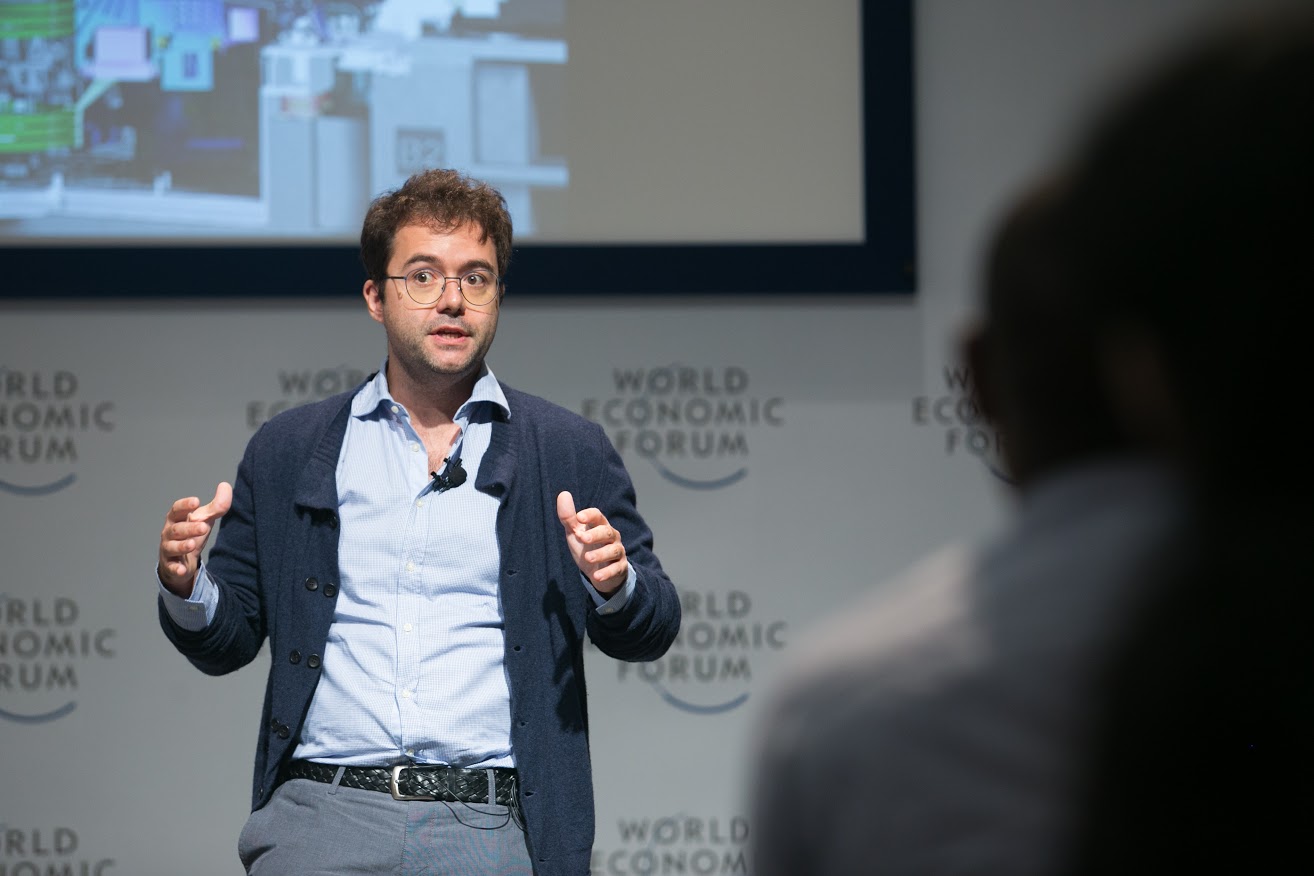Large-scale simulations with unfitted finite element techniques

Keywords
Advanced Numerical Methods for Scientific Computing
Computational Medicine for the Cardiocirculatory System
Speaker:
Santiago Badia
Affiliation:
Universitat Politècnica de Catalunya, Barcelona
When:
Thursday 14th September 2017
Time:
11:30:00
Where:
Aula Consiglio VII Piano - Edificio 14, Dipartimento di Matematica POLITECNICO DI MILANO
Abstract:
The use of unfitted finite element methods (FEMs) is an appealing approach for different reasons. They are interesting in coupled problems or to avoid the generation of body-fitted meshes. One of the bottlenecks of the simulation pipeline is the body-fitted mesh generation step and the unstructured mesh partition. The use of unfitted methods on background octree Cartesian meshes avoids the need to define body-fitted meshes, and can exploit efficient and scalable space-filling curve algorithms. In turn, such schemes complicate the numerical integration, imposition of Dirichlet boundary conditions, and the linear solver phase. The condition number of the resulting linear system does depend on the characteristic size of the cut elements, the so-called small cut cell problem.
In this work, we will present an parallel unfitted framework that relies on adaptive octree background meshes and space-filling curve partitioners. In order to solve the small cut cell problem, we will pursue two different lines. The first one is a re-definition of the finite element spaces that solves this issue, leading to condition number bounds as the ones for body-fitted schemes without any kind of perturbation/stabilization of the Galerkin formulation. Another approach will be to define appropriate iterative linear solvers based on domain decomposition preconditioning that are robust with respect to the small cut cell problem.
We will briefly present the linear solver machinery within out framework, based on highly scalable multilevel domain decomposition methods for the simulation of large scale finite element problems. Our motivation here is not only to show the excellent scalability results of the preconditioners resulting from the framework, but also to present its customization to challenging applications, e.g., space-time parallelism and heterogeneous problems. Finally, its application to challenging engineering problems, e.g., the simulation of superconductor devices or additive manufacturing will be considered.
Contatto: christian.vergara@polimi.it
contact:christian.vergara@polimi.it
Note:
Santiago Badia is full profesor of computational engineering and science at the Universitat Politecnica de Catalunya and leader of the Large Scale Scientific Computing Dept. at CIMNE.
